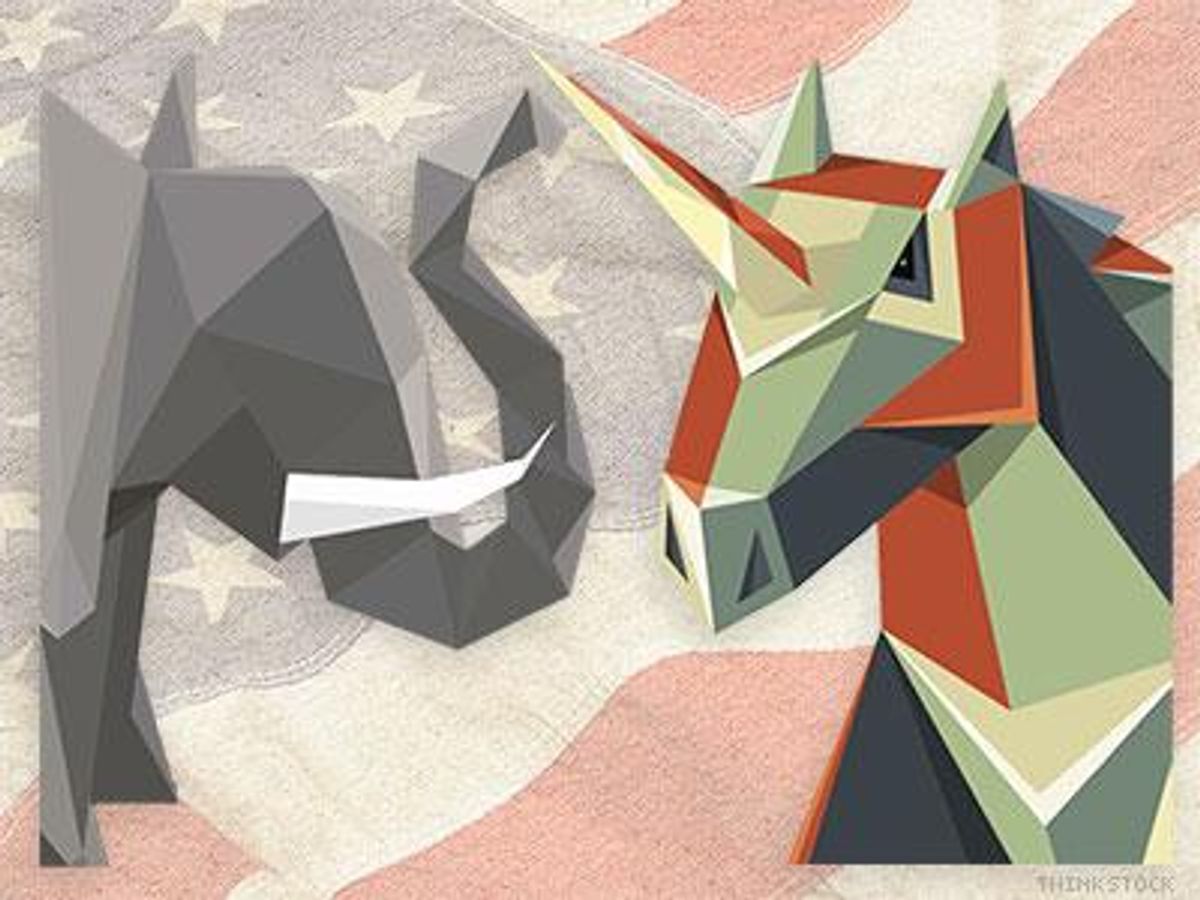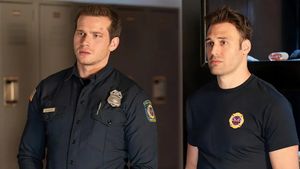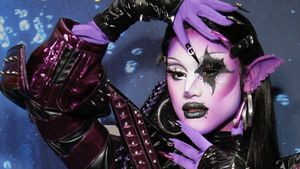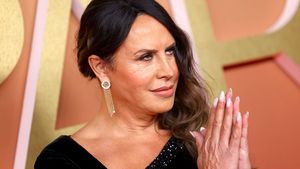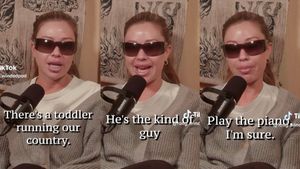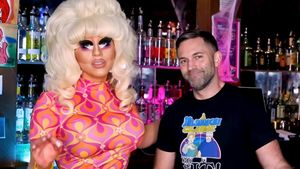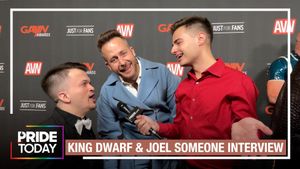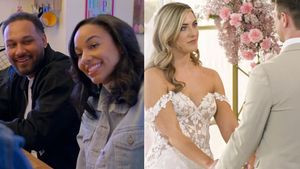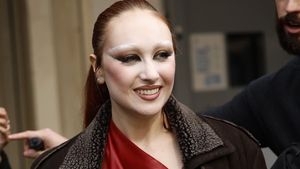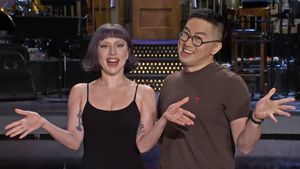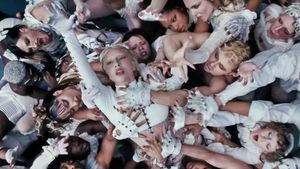As a gay man living in Los Angeles for two years now, I've been asked more than a few times how I could be both gay and Republican. It can be such a contentious issue that I feel compelled to bring it right out in the open on a first date. The whole process is like coming out for a second time, with the latter being almost as harrowing.
When I mention I serve on the board of the Log Cabin Republicans, a group that advocates for pro-LGBT Republicans, the bewilderment grows: "You mean there are more of you out there?"
It's not lost on me why there is so much animosity in our community toward the GOP. But even if you are a committed Democrat, you should support the work being done by gay Republicans and other allies within the party.
More will be done for our community in terms of equality and representation if both parties believe our vote is up for grabs. If you've watched cable news at all lately, it's clear the GOP is a party in transition. Candidates and many in the leadership want to engage the LGBT community, seeing that freedom for all is truly consistent with their conservative ethos. I still consider myself a Republican despite the disagreements I have with certain politicians and policies largely because I, as a gay American, agree with the party's call for a limited-government approach that expands freedom by staying out of our pocketbooks and our bedrooms. If more members of our community become open to that dialogue, we have an opportunity to help change the party on issues where evolution is necessary.
It was Prime Minister David Cameron, after all, who ushered in marriage equality in Britain based on those conservative principles. As he puts it, "Conservatives believe in the ties that bind us. Society is stronger when we make vows to each other and we support each other. I don't support gay marriage in spite of being a conservative. I support gay marriage because I am a conservative."
Those sentiments have started making their way across the pond as well. Earlier this year, Ohio Republican senator and likely 2016 presidential candidate Rob Portman had this to say: "I have come to believe that if two people are prepared to make a lifetime commitment to love and care for each other in good times and in bad, the government shouldn't deny them the opportunity to get married." He's not alone. Many prominent Republicans are coming out in support of marriage equality. Judges appointed by Republican presidents are overturning referendums that ban same-sex marriage, as was the case with Proposition 8 in California. And San Diego is likely to elect the first openly gay Republican to Congress this November. The ads for that candidate, Carl DeMaio, prominently feature him and his partner, Johnathan Hale. California Republican gubernatorial candidate Neel Kashkari is vocally supportive of marriage equality and even marched in San Diego's Pride Parade this year. The list goes on. And even better yet, these are the candidates winning primary elections among Republican voters.
We all know that the final leg in the cause for equality for LGBT Americans is convincing some religious conservatives of the virtues of inclusion. If there is any hope that this can ever be accomplished, it will be through enlisting the support of those who can speak the language of faith, family, and freedom while communicating why it's consistent to make those values accessible to everyone. Republicans can successfully make the case to those individuals and churches that in a secular society they should fight for everyone's right to be married, while also protecting the right of religious institutions to determine who can be married in their faith.
Many in the LGBT community agree with the GOP on most issues but not on LGBT equality. As a result, they feel compelled to vote Democratic. I have many friends who would be proud Republicans if it weren't for this issue. If the party and more of its candidates are finally able to be truly inclusive, supporting LGBT equality in all forms, these people can finally vote Republican without feeling like they are somehow betraying the LGBT community.
The LGBT community should truly have a choice. My hope is that regardless of your political identification, we can all agree that our community is better served when both political parties are working to serve us.
MATTHEW CRAFFEY of Los Angeles has a bachelor's degree in political science from California Lutheran University. Check out his opinions on politics, faith, and music at MatthewCraffey.com.
